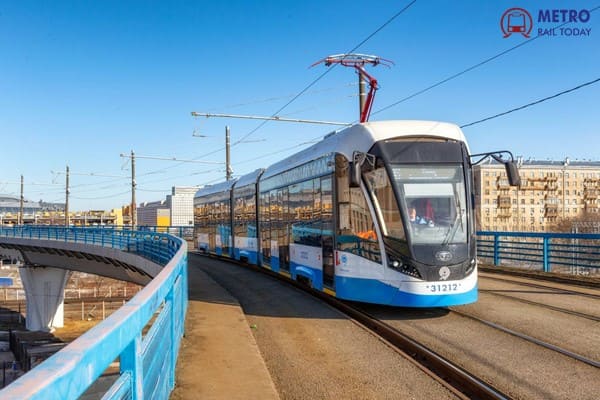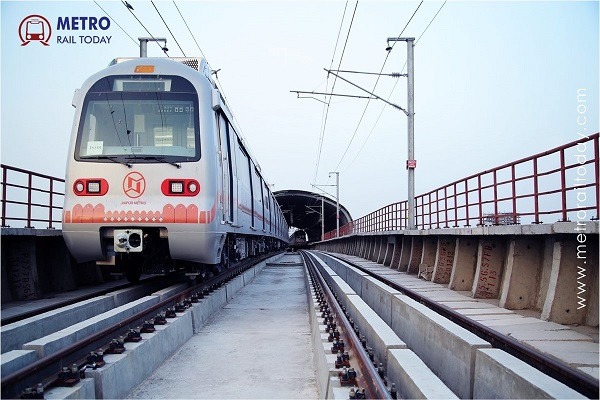 First global civil tender worth ₹1,145 crore launched for Jaipur Metro Phase 2 Project
First global civil tender worth ₹1,145 crore launched for Jaipur Metro Phase 2 Project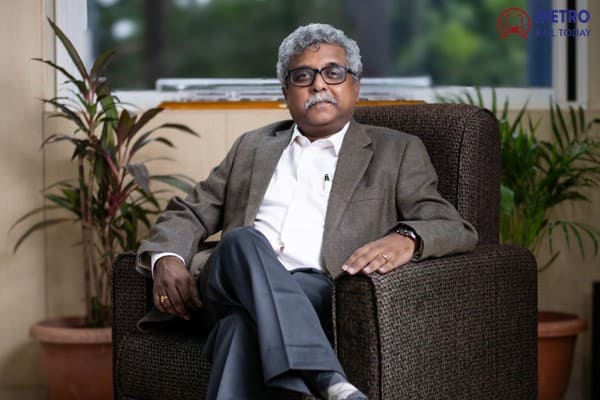 Vande Bharat to Vision 2047 — How ICF is Leading India’s Next Rail Revolution?
Vande Bharat to Vision 2047 — How ICF is Leading India’s Next Rail Revolution?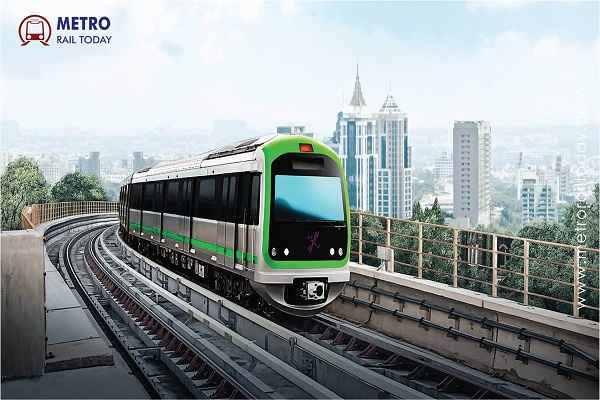 India's first Bengaluru–Hosur Interstate Metro Corridor declared Technically Infeasible
India's first Bengaluru–Hosur Interstate Metro Corridor declared Technically Infeasible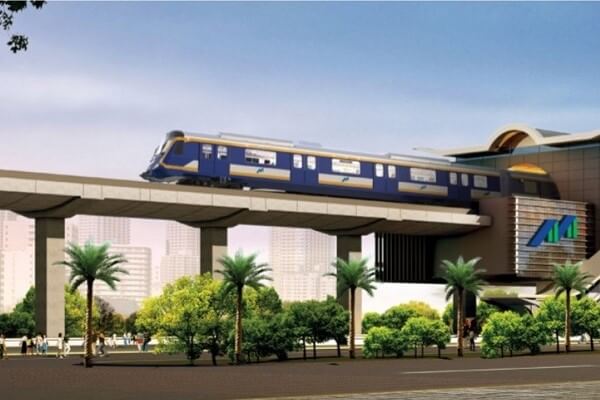 MMRDA awards ₹129.63 crore contract for Multimodal Integration on Mumbai Metro Lines 4 & 4A
MMRDA awards ₹129.63 crore contract for Multimodal Integration on Mumbai Metro Lines 4 & 4A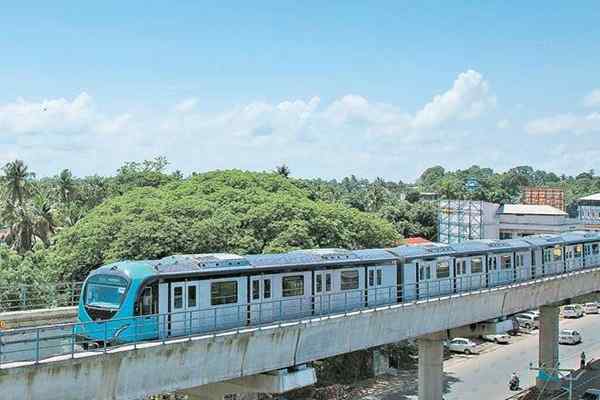 First U-Girder installed on JLN Stadium–Infopark Corridor of Kochi Metro Phase 2
First U-Girder installed on JLN Stadium–Infopark Corridor of Kochi Metro Phase 2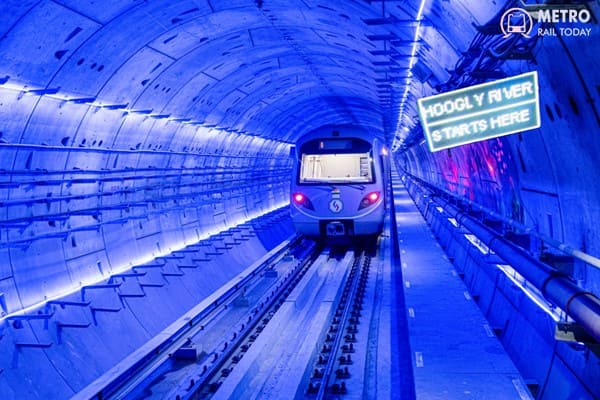 Kolkata Metro Marks 41 Years of Service to the City of Joy
Kolkata Metro Marks 41 Years of Service to the City of Joy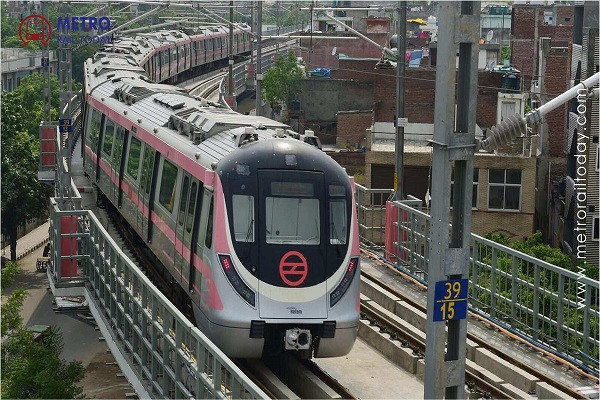 DMRC to introduce Driverless Trains on Delhi Metro Phase 4 Corridors
DMRC to introduce Driverless Trains on Delhi Metro Phase 4 Corridors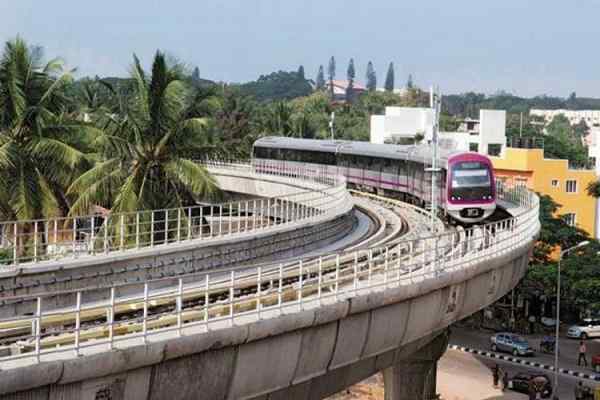 Karnataka proposes Centre of Excellence for Railways and Mobility Innovation
Karnataka proposes Centre of Excellence for Railways and Mobility Innovation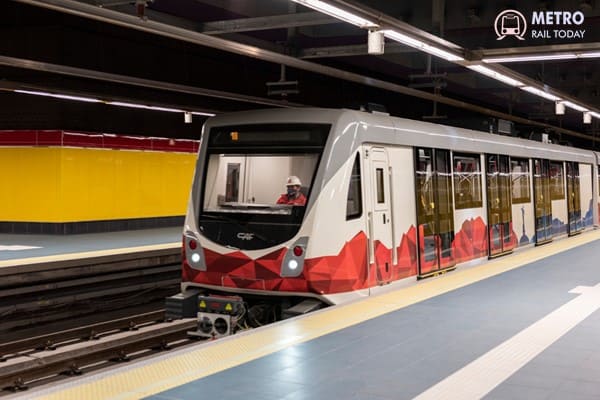 Egypt and Japan approve Greater Cairo Metro Line 4 Project
Egypt and Japan approve Greater Cairo Metro Line 4 Project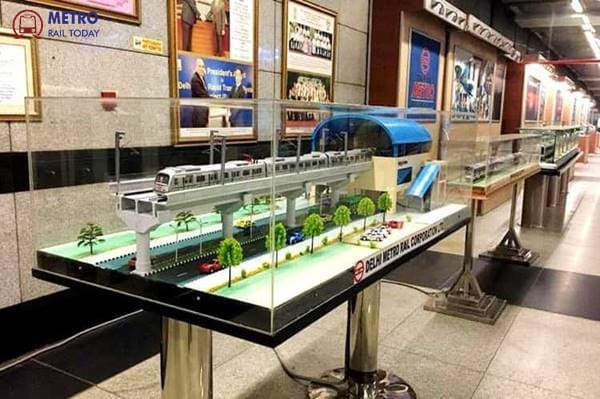 Metro Rail Today continues its legacy as Official Media Partner for 18th Urban Mobility India 2025
Metro Rail Today continues its legacy as Official Media Partner for 18th Urban Mobility India 2025
MTA to procure 1,495 new metro coaches for New York City Metro
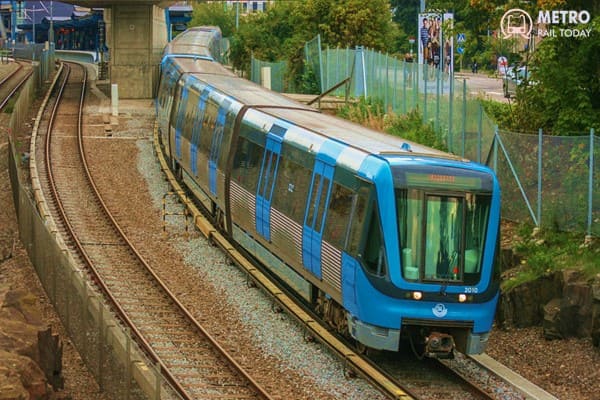 (Representative Image)
(Representative Image)
New York, United States (Metro Rail Today): The Metropolitan Transportation Authority (MTA) has announced plans to purchase 1,495 new metro cars as part of its comprehensive 2025-2029 capital program, totaling an investment of $7.6 billion. This major fleet renewal initiative aims to replace outdated rolling stock and improve the efficiency of New York City’s vast metro network.
Most of this purchase will be dedicated to replacing the R68 and R68A series, originally built by Westinghouse and Kawasaki between 1986 and 1989. The R68 fleet has been in service for over three decades, and this replacement will bring much-needed modernization to the metro system. The remaining new metro cars will replace the older R62 and R62A series trains, which Kawasaki and Bombardier manufactured between 1983 and 1987. These new trains are set to feature the latest Communications-Based Train Control (CBTC) systems, which will significantly enhance operational efficiency, safety, and the overall passenger experience.
The R211 series trains will form the backbone of this new fleet. These advanced trains include the R211A, R211S, and R211T models, all of which are already being phased into service. The first R211A metro train was introduced in April 2023 on the A Line, while the R211T variant made its debut on the C Line in February 2023. These new additions are being produced at Kawasaki Rail’s manufacturing plants in Lincoln and Yonkers, USA.
As part of a framework contract signed in early 2018, the MTA had initially planned to procure 535 R211 cars in three different configurations. However, an additional $3.2 billion option executed in 2022 has expanded the total order to 1,175 cars, with deliveries set to continue over the coming years. The total number of R211 cars ordered under this contract is expected to reach 1,612 units by its completion.
Fleet Modernization and Enhanced Passenger Experience
One of the key upgrades for these new trains is the wider doors designed to enhance passenger flow. The new cars will feature four doors on each side, each measuring 58 inches (1,470 mm) in width, which is 8 inches (200 mm) wider than the current fleet. This improvement is expected to reduce boarding and alighting times by up to 32%, helping to alleviate congestion during peak hours and speed up the flow of passengers in and out of the stations.
The MTA has also put into revenue service a five-car trainset on the Staten Island Railway, a key urban transit line running over 22.5 kilometers. This new fleet is replacing the aging R44 series trains, which were built between 1971 and 1973 by the St. Louis Car Company. The upgraded equipment is part of a broader push to modernize the entire city’s metro system, bringing greater comfort and efficiency to millions of daily riders.
Local Manufacturing and Economic Impact
These new trains are being produced locally at Kawasaki Rail’s U.S.-based plants in Lincoln, Nebraska, and Yonkers, New York. This domestic production initiative supports local manufacturing jobs and ensures that the fleet renewal program contributes to the U.S. economy. The MTA’s commitment to local sourcing aligns with broader goals to stimulate economic growth while investing in critical infrastructure.
The Future of New York City Metro
This ongoing investment in the New York City metro system is part of a larger trend of modernizing urban transit across the globe. As the R211 series trains are gradually integrated into the system, the MTA expects to see increased reliability, safety, and sustainability. The implementation of CBTC technology will allow for more precise control of train movements, increasing system capacity and reducing delays.
With the 1,495 new metro cars set to enter service over the next several years, the MTA is positioning New York City’s transit network for future growth, ensuring that it can meet the demands of the city’s expanding population and ever-evolving transportation needs.
As New York continues to grow, so does the need for a modern and efficient public transit system. The MTA’s investment in 1,495 new metro cars as part of its $7.6 billion capital program represents a major step forward in achieving that goal. By replacing outdated trains with the advanced R211 series, the MTA is enhancing the passenger experience, improving operational efficiency, and ensuring that New York City remains at the forefront of urban transportation innovation.
The ongoing fleet renewal, including the introduction of wider doors, CBTC systems, and new trains on key lines like the Staten Island Railway, will help shape the future of New York’s transit system and ensure that it remains a world-class public transportation network for generations to come.






